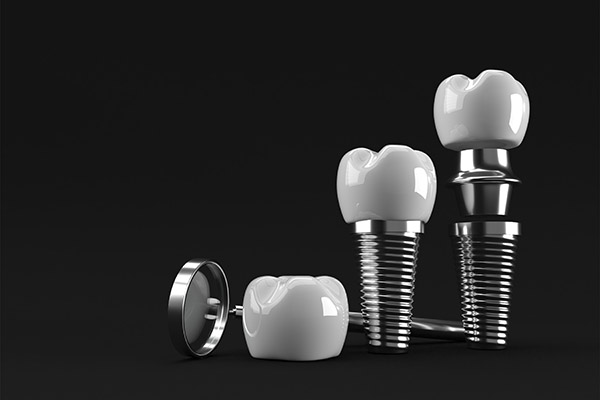4 Things You Should Know About Wisdom Tooth Removal

Wisdom tooth removal refers to a procedure that involves the removal of one or more wisdom teeth. Wisdom teeth, also referred to as third molars, are often the last permanent teeth to develop. These teeth are located at the back corners of your mouth on the bottom and top. Read on to learn more about the procedure.
Wisdom tooth removal
A dentist may recommend removing wisdom teeth due to several problems, including an infection or pain. The extraction can be performed by a dentist or an oral surgeon. A patient’s experience depends on a variety of factors, including the number of teeth being removed and the position of the teeth. People need to learn about the procedure so that they can know what to expect. Here are four important things to know about the procedure.
Preparing for surgery
A wisdom tooth extraction is most times performed as an outpatient procedure; therefore, a patient will go home on the same day. Before surgery, a person should arrange time off from school or work. This will allow the patient a day or more to rest and start to heal. The dentist should be informed of any medications a person is taking. A patient should follow all the dentist’s instructions on drinking and eating before surgery. It is also beneficial to wear comfortable, loose clothing and to arrange a ride home.
Anesthesia options
The dentist will recommend one of three types of anesthesia depending on the preference of the patient and the expected complexity of the procedure. Types of anesthesia include general anesthesia, a sedative and a local anesthetic. The general anesthesia puts a patient to sleep during surgery. Its use is recommended if the extraction may be difficult or if a patient prefers to sleep.
A sedative helps a patient to stay relaxed but awake during the procedure. Nitrous oxide, also known as laughing gas, is one type of sedative. A local anesthetic helps to numb the area around the tooth that is to be removed. It is used even if another anesthesia option is also given to a patient.
Removing the tooth
The dentist will make an incision in the gum to expose the tooth and bone. The tooth may have to be sectioned. This involves cutting it into pieces. The bone around the tooth usually also needs to be removed. After the tooth is removed, the incisions made will be closed with sutures.
Recovery
The mouth needs some time to heal. On the first day after the procedure, some bleeding is normal. During the first week, a patient may also see some swelling and bruising on the face. People are usually advised to get enough rest and to eat and drink nutritious foods to promote healing. Taking care of the extraction site is also important. A patient should follow all of the dentist’s special instructions.
Takeaway
Most times, dentists recommend removing wisdom teeth if they do not have enough room to grow, which may result in pain, infection or a variety of other dental problems. It is important to prepare in advance and to know what to expect during the procedure. After the procedure, patients can benefit from following all of the dentist’s post-care instructions. If you have any questions about wisdom tooth removal, talk to your dentist.
Are you considering having wisdom tooth removal in the Carmel area? Get more information at https://www.carmelsmilesdentist.com.
Check out what others are saying about our services on Yelp: Read our Yelp reviews.
Related Posts
Professional dental cleaning are integral for keeping your mouth healthy. They remove plaque and tartar (hardened plaque) that regular brushing and flossing cannot, leaving your teeth and gums refreshed. Maintaining healthy habits that keep your smile bright and strong is essential to make the most of a dental cleaning. Caring for your teeth properly after…
If you are considering implant dentistry or are about to go through the process and want to learn more about it, it is helpful to first understand the basics. Here, we will discuss the various parts that make up an implant dentistry restoration and highlight how they all work together to complete the restoration.An implant…
If you have opted for implant dentistry to replace your missing teeth, you will need to decide on fixed or removable restorations. Read on to learn about implant dentistry and your options. Removable implant-supported restorations can be snapped on and off the abutments anytime there is a need to take off. In contrast, fixed restorations…
Dentures have long provided an effective solution for patients with missing teeth, offering improved oral function and facial appearance. Today, advances in digital dentistry are transforming the way dentures are designed, fabricated, and fitted—offering greater precision, comfort, and natural aesthetics. This innovative approach represents a new era in restorative care, helping patients enjoy a confident…


